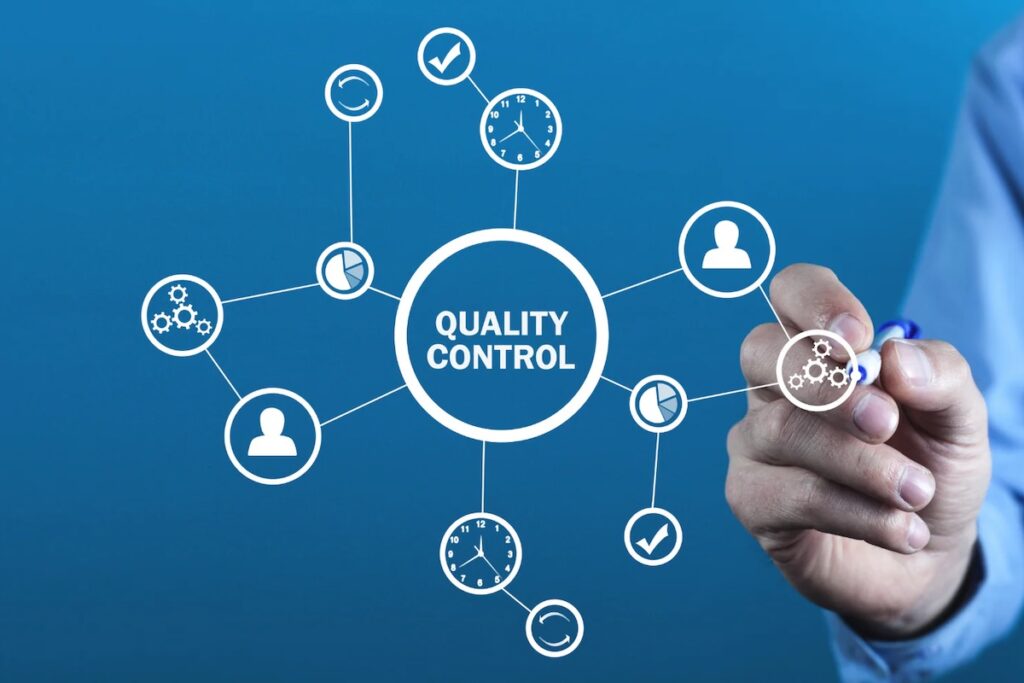Stakeholder Engagement in Integration
Aligning People, Priorities, and Projects for Unified Delivery No matter how sophisticated your tools or how well-structured your plans, projects don’t succeed in a vacuum. They succeed—or fail—based on people. In project integration management, it’s easy to focus on technical alignment: linking schedules, budgets, and deliverables into a cohesive whole. But true integration doesn’t happen […]
Stakeholder Engagement in Integration Read More »










